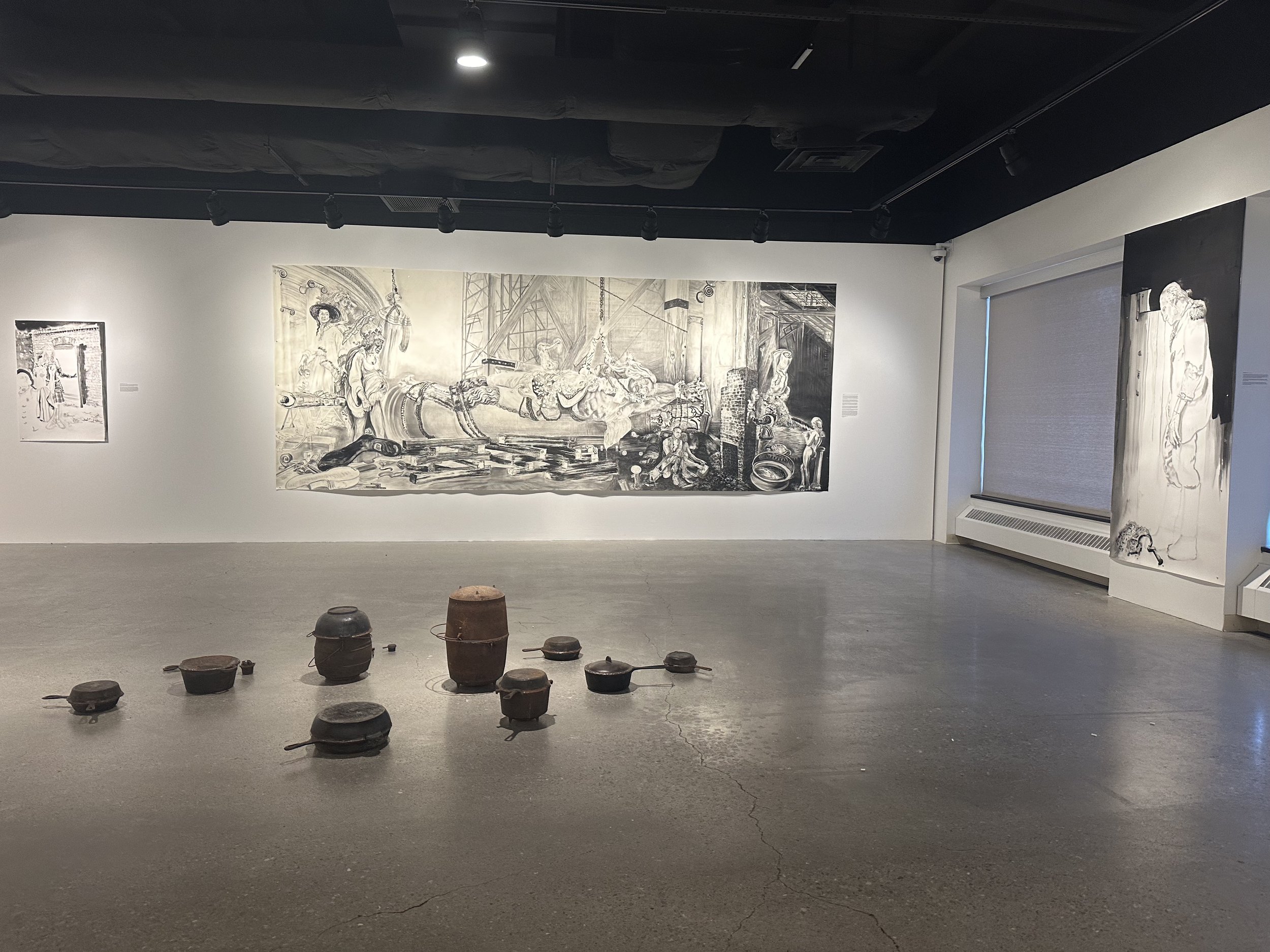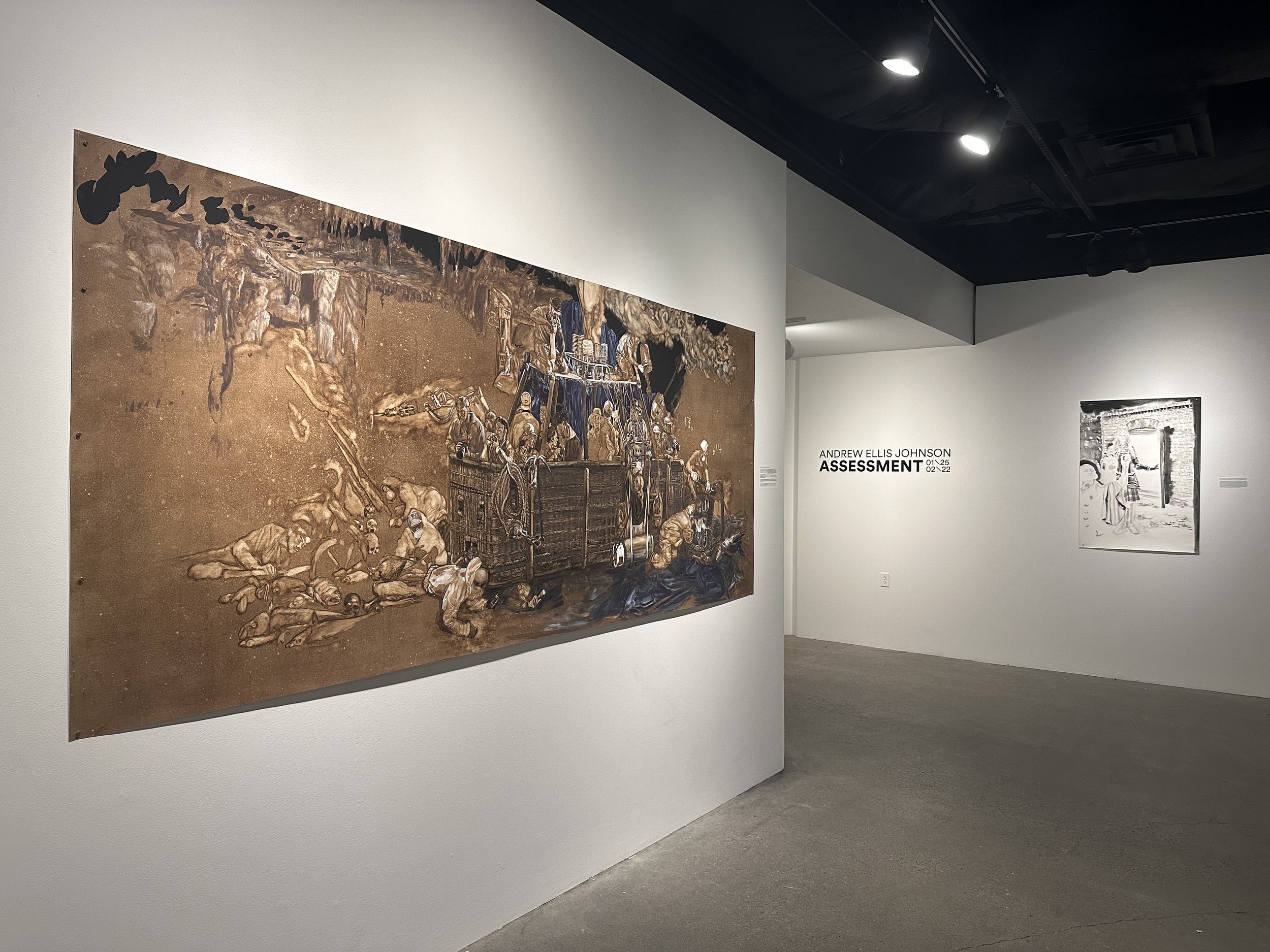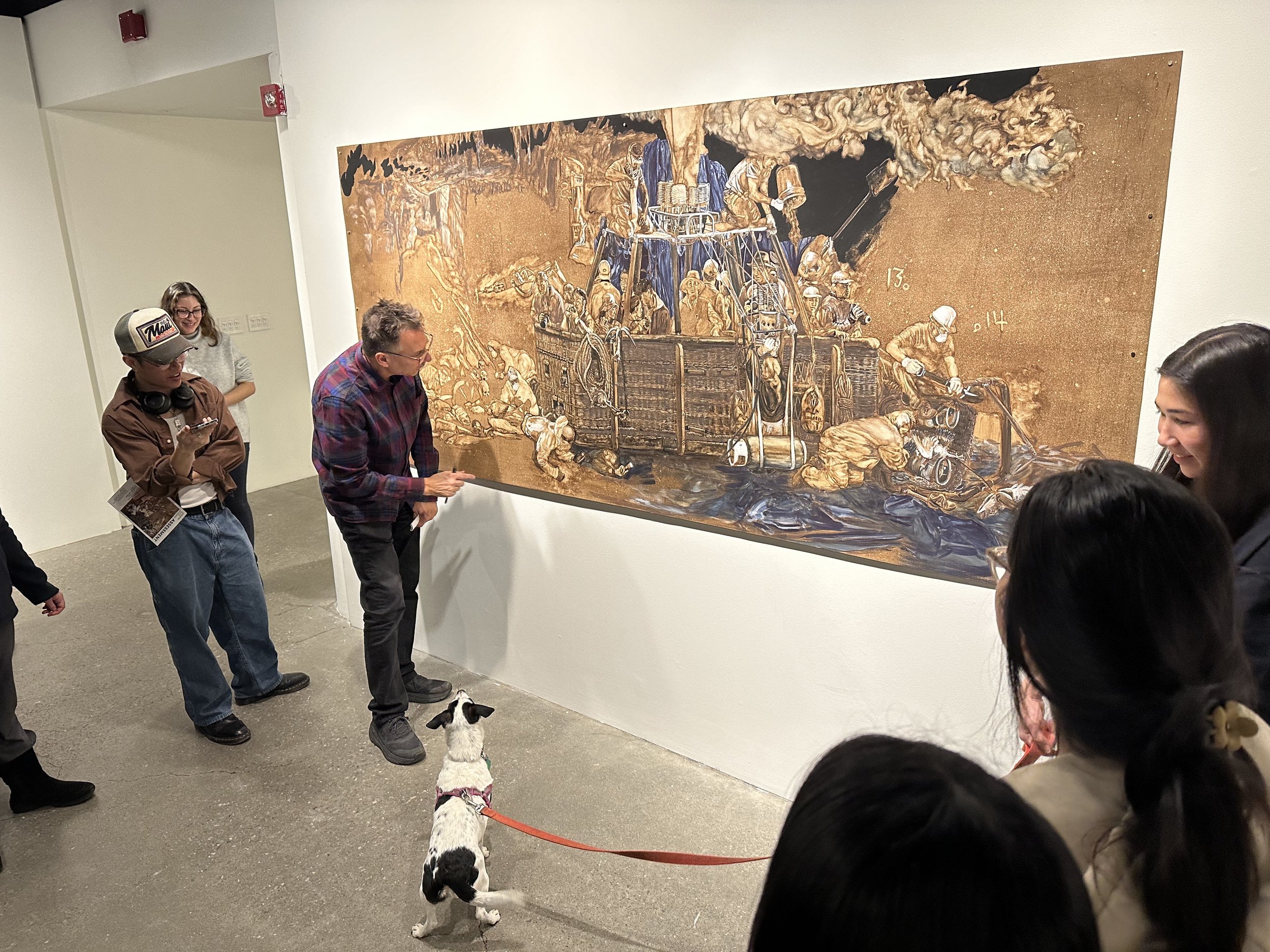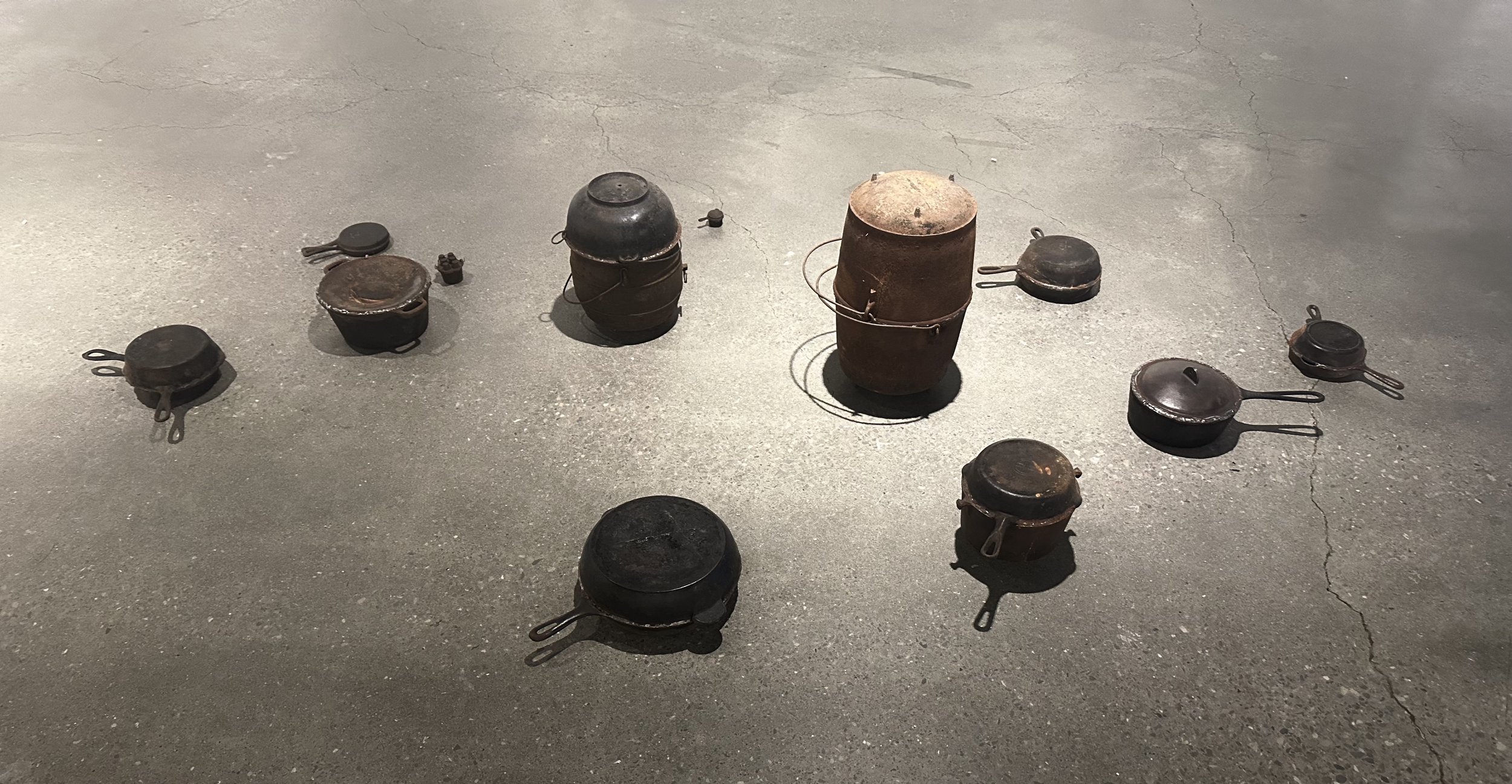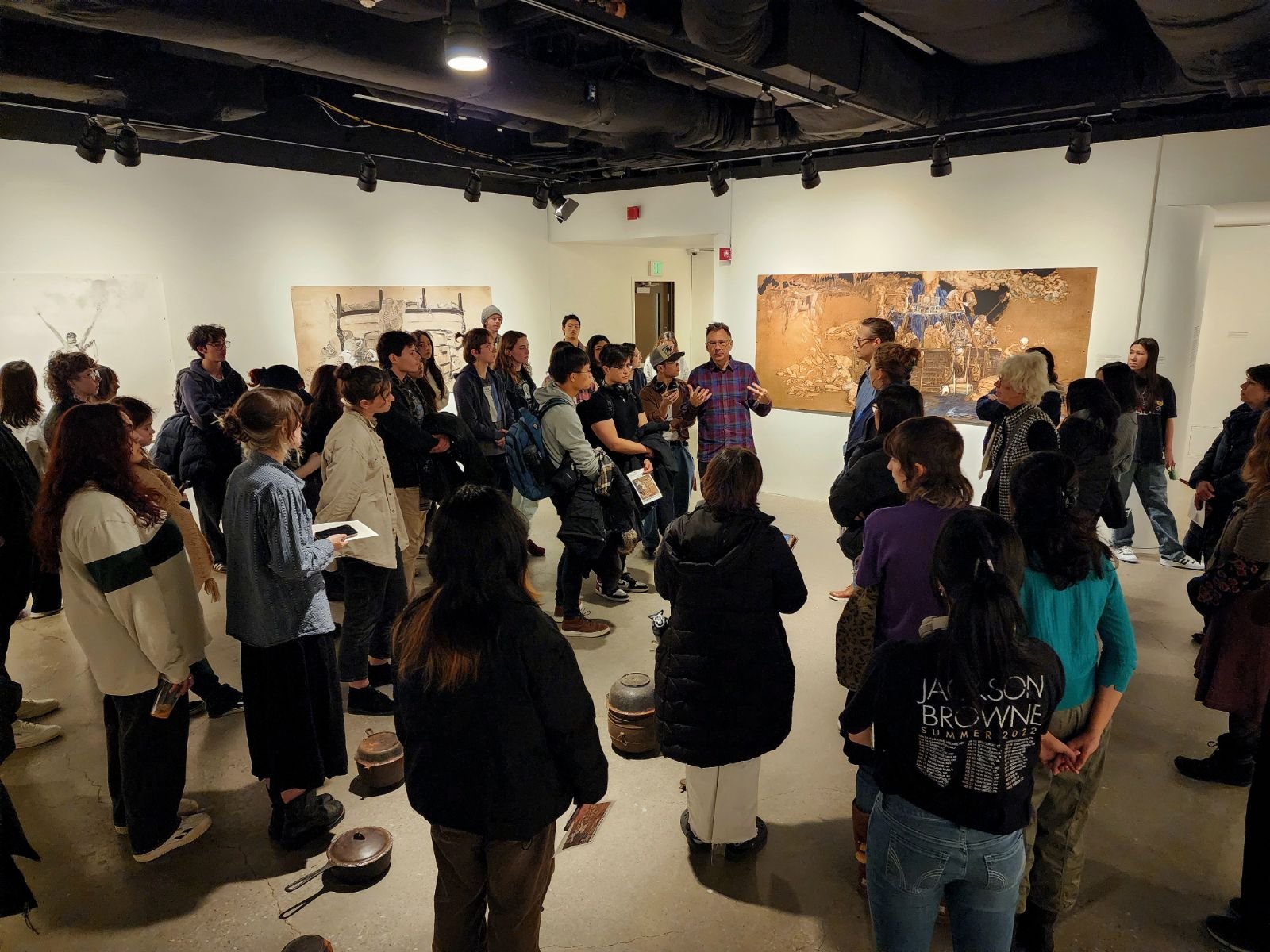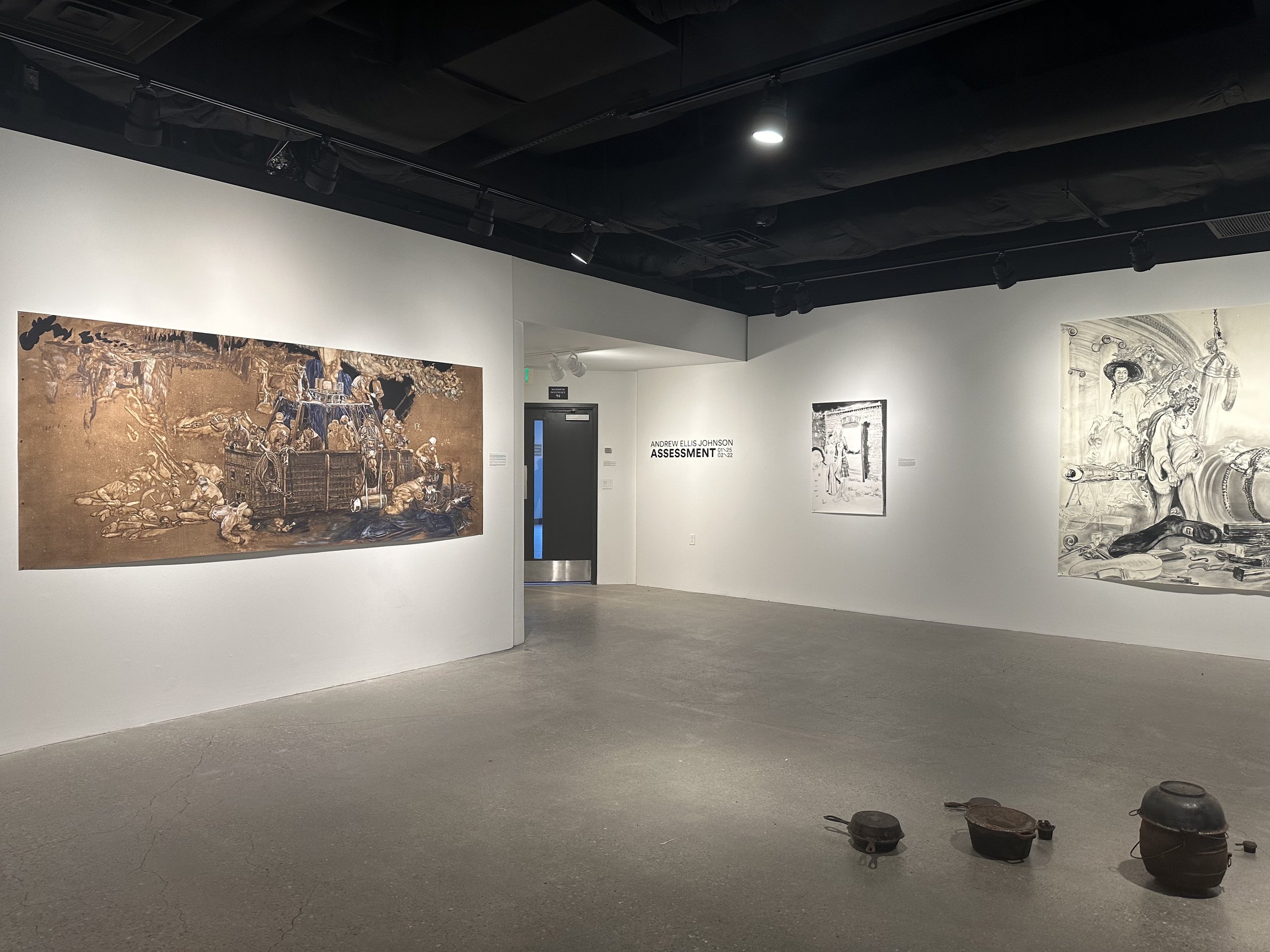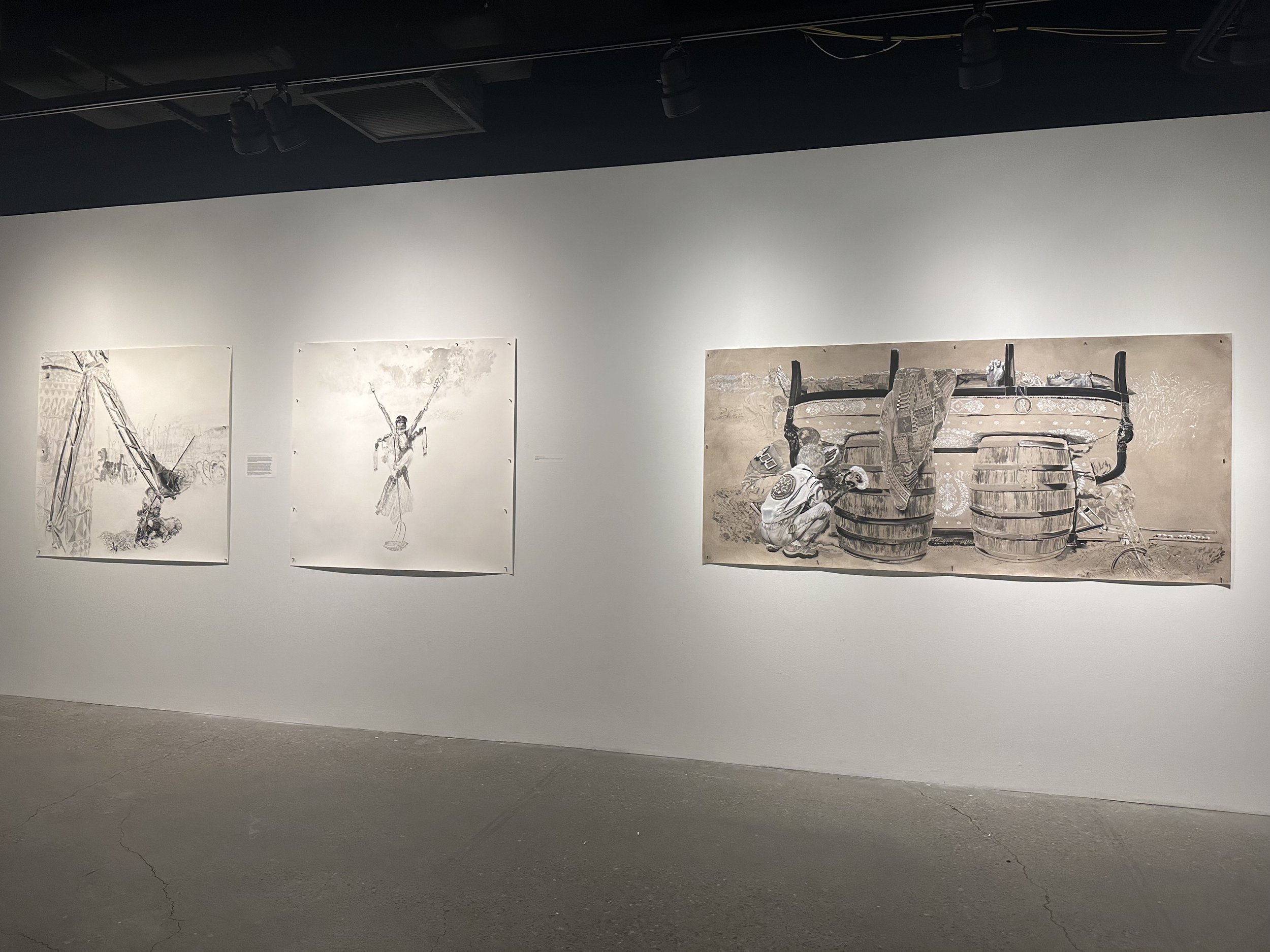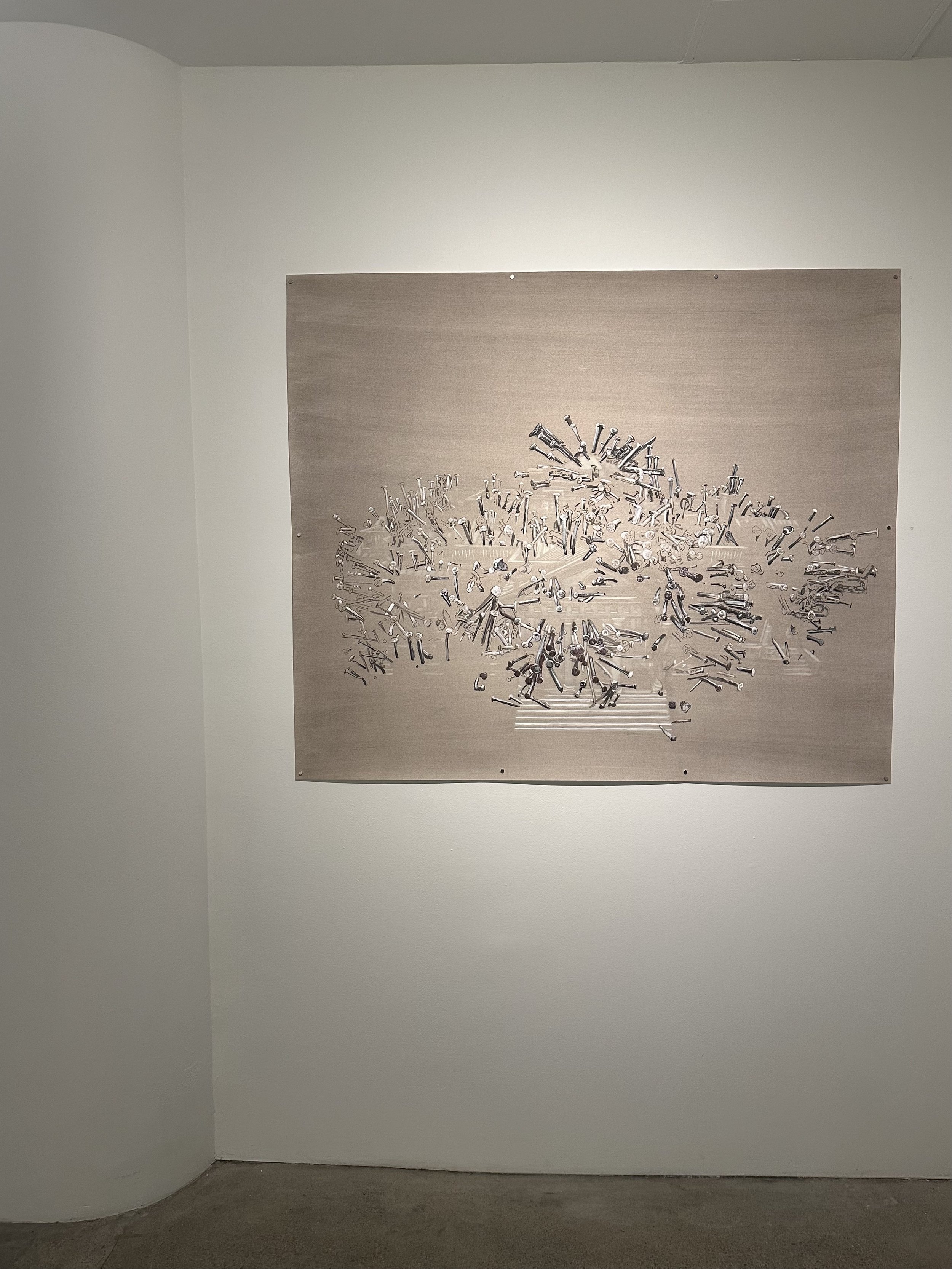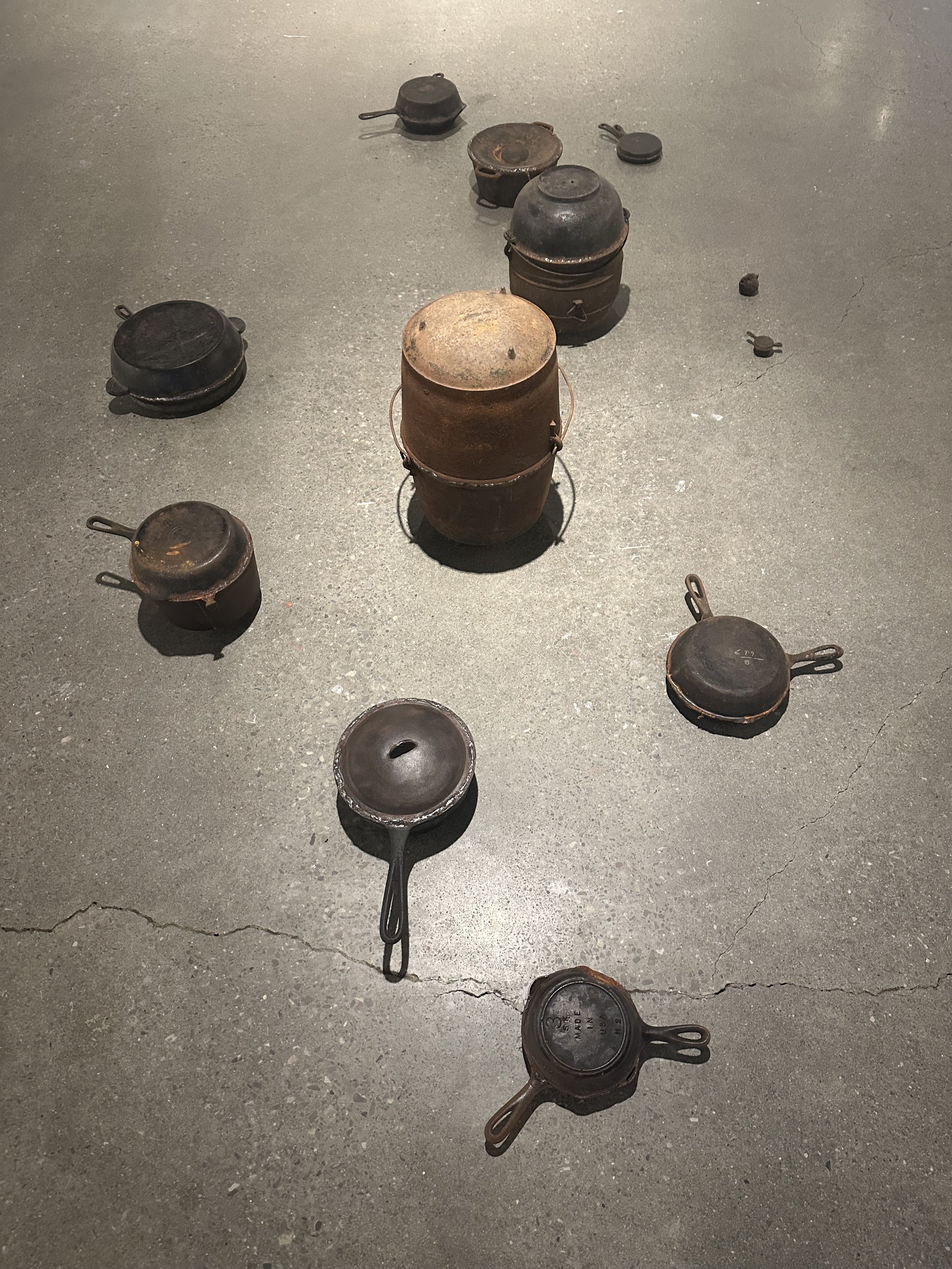Contextualizing texts from the Monticello site (https://www.monticello.org/) follow in italics, followed by my text.
Unlike countless enslaved women, Sally Hemings was able to negotiate with her owner. In Paris, where she was free, the 16-year-old agreed to return to enslavement at Monticello in exchange for “extraordinary privileges” for herself and freedom for her unborn children. Over the next 32 years Hemings raised four children—Beverly, Harriet, Madison, and Eston—and prepared them for their eventual emancipation. She did not negotiate for, or ever receive, legal freedom in Virginia.
…
[Sally Hemings’ son], Madison Hemings recounted that his mother “became Mr. Jefferson’s concubine” in France. When Jefferson prepared to return to America, Hemings said his mother refused to come back, and only did so upon negotiating “extraordinary privileges” for herself and freedom for her future children. He also noted that she was pregnant when she arrived in Virginia, and that the child “lived but a short time.” No other record of that child has been found.
The Monticello site offers no proving account of Hemings’ negotiation for her personal freedom, or her reason for trusting Jefferson to keep his promise. Pregnant at the age of 16, we wonder what kind of choice she really had. She returned from Paris, where she was free, to Virginia as an enslaved household servant and lady’s maid. She bore at least six children fathered by Thomas Jefferson. Decades after the Paris negotiation, her four surviving children were freed—two daughters in the early 1820’s and her two sons only after Jefferson died in 1826. Never legally emancipated, Sally Heming was unofficially freed—or “given her time”—by Jefferson’s daughter Martha after his death.
In the game of chess, “The King and Queen, as the most significant pieces, stand in the middle of the chessboard. Chess rules dictate “queen on color,” meaning the White Queen goes on a light square and the Black Queen on a dark square, supposedly because the King is a gentleman and invites the Queen to stand on her own color.
These rules suggest a patronizing chivalry toward both an official and intimate partner. In the drawing, Sally Hemings and Jefferson sit on a checked cloth. Their ‘leisure,’ with or without consent, is staged against a backdrop of enslaved field laborers. Jefferson makes advances on her while holding a white queen. Hemings’ black pieces are toppled but her hoe and trowel both have blades— aspirational tools for a cannibalized ‘love.’

